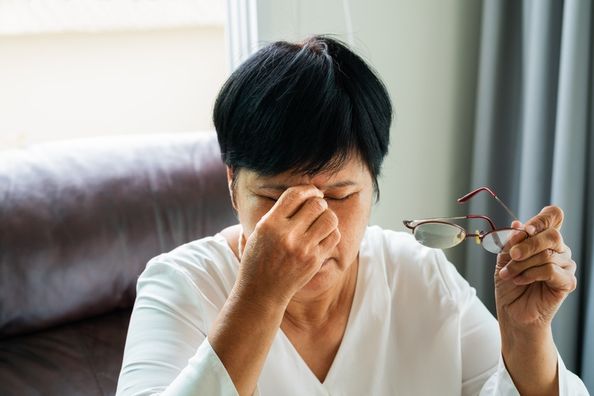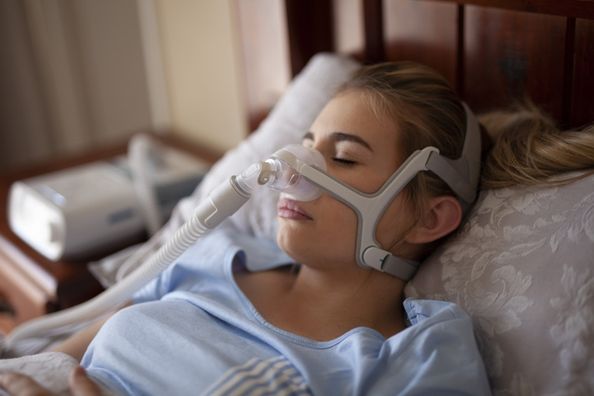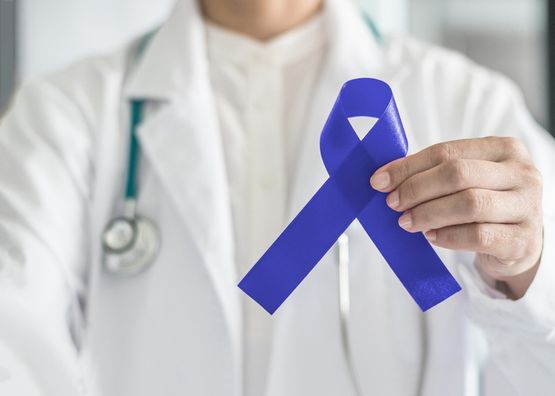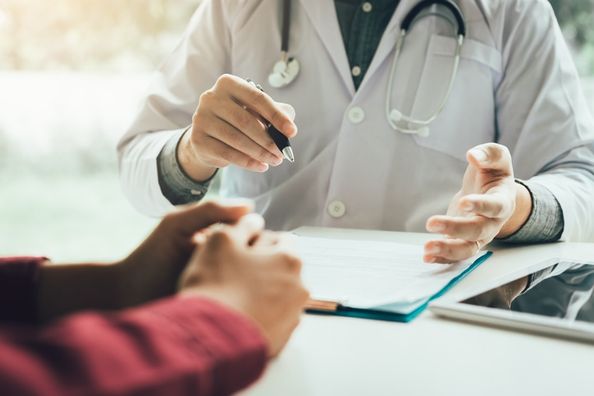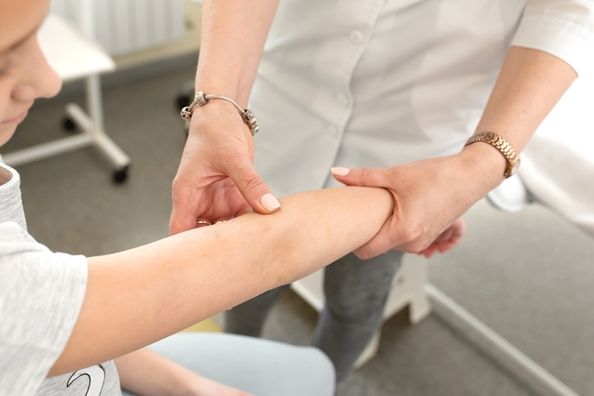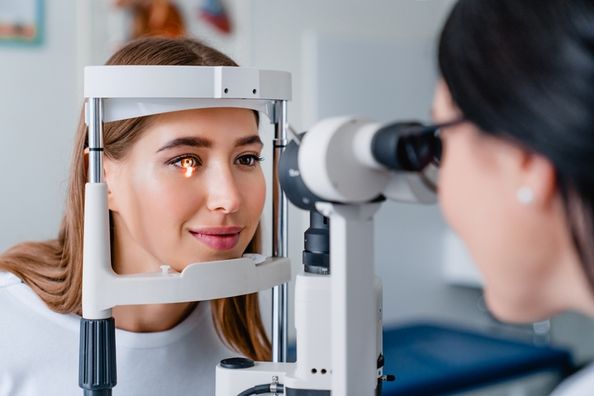
Retinal Conditions and Treatment Options
By Ophthalmology
The eye is the organ of sight and is best compared to a camera. Like a camera, the eye has many intricate parts which must work together to produce clear vision. The retina, a layer of neural tissue that lines the back surface of the eye, functions like the film in a camera. To produce a clear picture, the film must be defect-free. Similarly, for you to see clearly, your retina must be free of any problems. Unfortunately, many of us do not know we have retinal problems until they impair our vision. The good news is that a dilated eye exam performed by a retinal specialist can identify these problems early, treat if necessary and prevent irreversible blindness.

